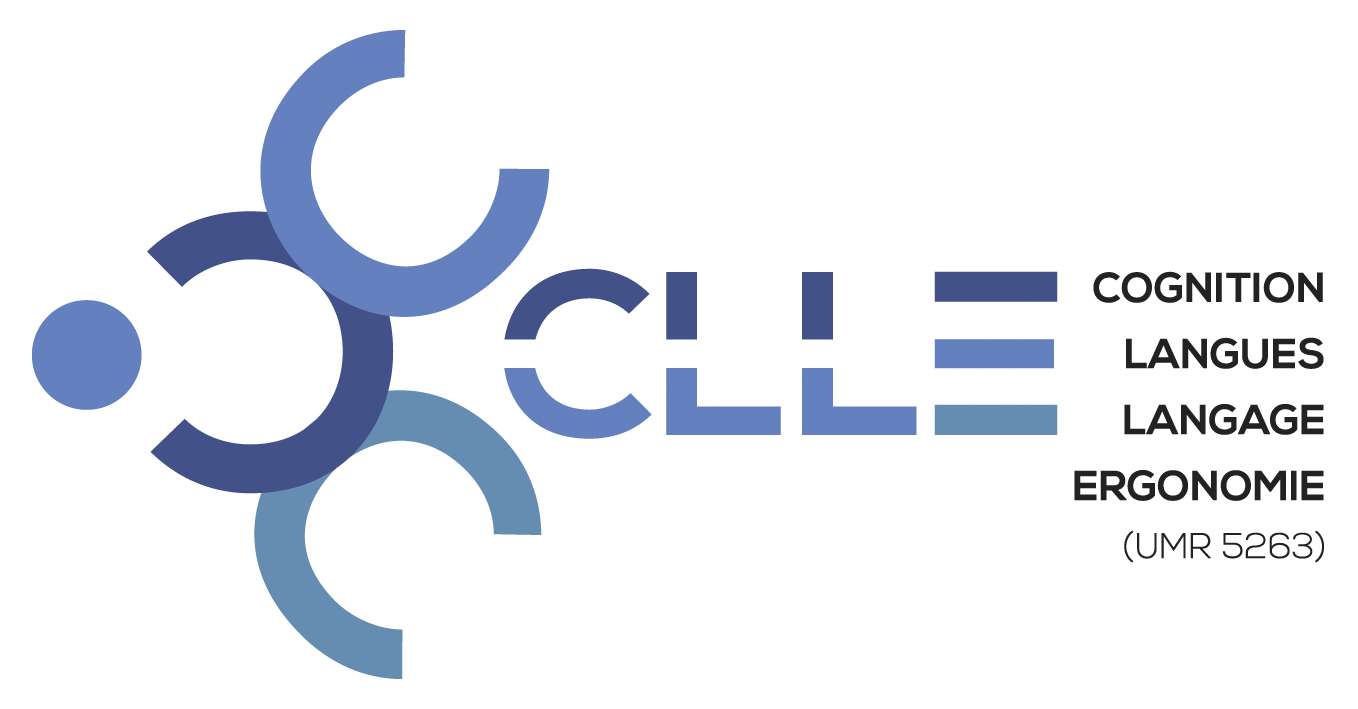-
Partager cette page

Coordonnées
- Adresse
- Université Toulouse Jean Jaurès, UMR 5263 CLLE, Équipe Processus Langagiers et Cognitifs, Maison de la recherche, 5 allées Antonio Machado, 31058 TOULOUSE Cedex 9
- Bureau
- C-617 (Maison de la recherche)
- sandra.molesti@univ-tlse2.fr
- Site internet
- https://www.researchgate.net/profile/Sandra-Molesti
Discipline(s) enseignée(s)
Psychologie du développement
Techniques d’observation
Psychologie comparée
Thèmes de recherche
Mes recherches s'intéressent aux comportements sociaux des primates humains et non-humains, et en particulier aux liens entre la coopération, la communication, les relations sociales, et les émotions.
Je m’intéresse plus précisément aux mécanismes sociaux et émotionnels qui sous-tendent les interactions coopératives et l’évaluation sociale chez les enfants et les bébés. Je travaille également sur l’utilisation de l’imagerie thermique pour la mesure des émotions chez les enfants.
Projets en cours au Babylab de Toulouse :
https://babylabtlse.hypotheses.org/nos-actualites
Je m’intéresse plus précisément aux mécanismes sociaux et émotionnels qui sous-tendent les interactions coopératives et l’évaluation sociale chez les enfants et les bébés. Je travaille également sur l’utilisation de l’imagerie thermique pour la mesure des émotions chez les enfants.
Projets en cours au Babylab de Toulouse :
https://babylabtlse.hypotheses.org/nos-actualites
Publications extraites de HAL affiliées à Cognition, Langues, Langage, Ergonomie
- Accueil
- Présentation
-





